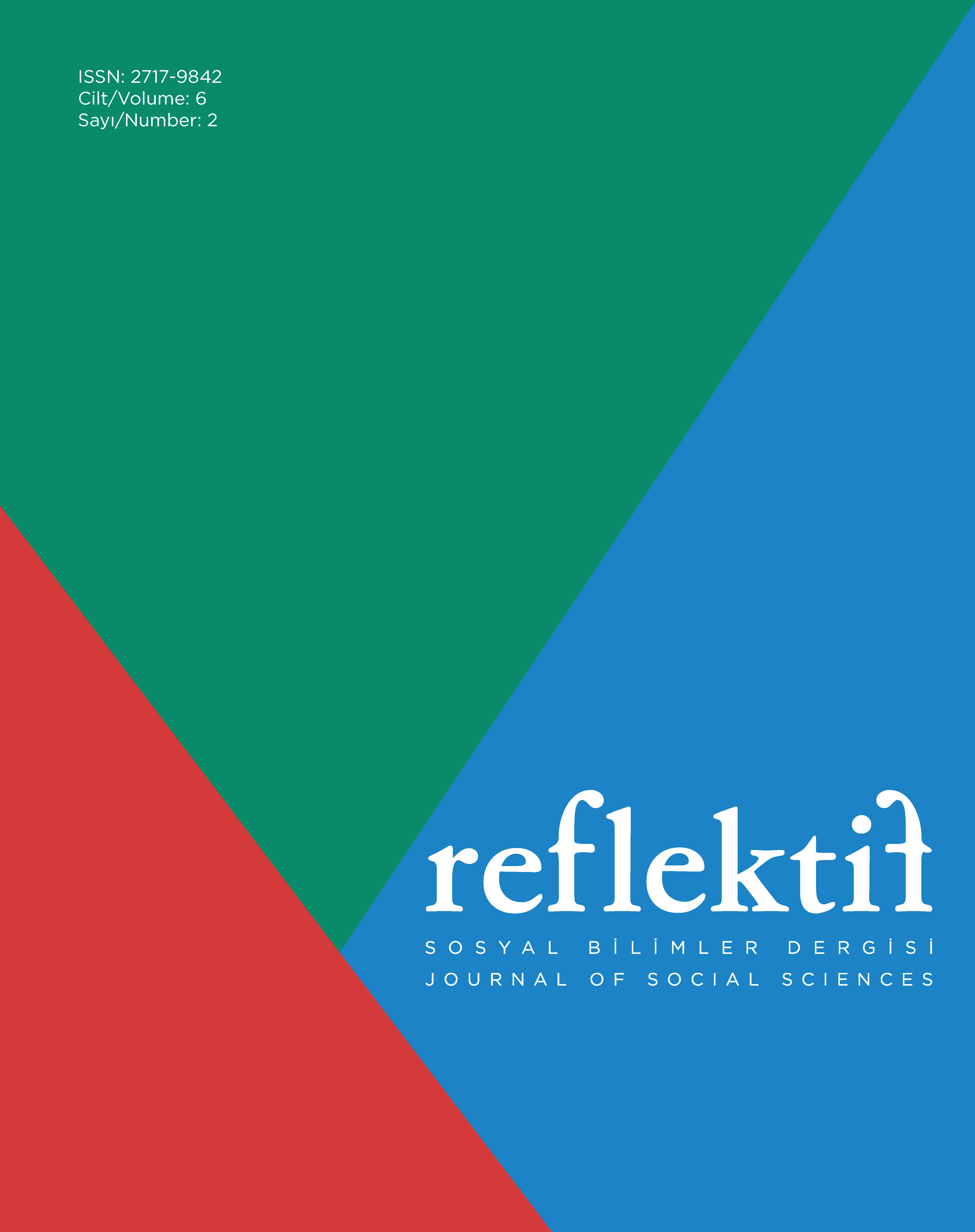Tracing Populism in Right Parties in Turkey
DOI:
https://doi.org/10.47613/reflektif.2025.234Keywords:
Populism, right-wing populism, Turkish right-wing parties, Islamism, nationalism.Abstract
We can define populism as the discursive style of an anti-elite ideological position that claims to put the people at the centre. Although it has right and left versions, it can be said that historically right-wing ideologies have a closer commonality with populism. Since the Turkish right has been quite decisive in the historical development of populism in Turkey, it is very important to analyse the journey of populism in Turkey through right-wing parties. Although the principle of ‘populism’, one of the Six Principle of the CHP, calls for populism, this principle cannot be characterised as populism due to the aims of this principle and the specific conditions of the period. The DP, who came to power in 1950, left a populist legacy to the right-wing parties that came after him, which were taken over by parties and their leaders such as AP, MSP/MNP/RP, MHP and ANAP, claiming to be the representatives of the nationalist, conservative and Islamist segments of the Turkish right. Since the right-wing parties in Turkey, claiming to act on behalf of the nation, have brought the effects of the religious, national, economic and cultural concerns of the people into the political arena with a populist style, tracing populism in these parties between 1950 and 2000 and revealing the forms of its use is very important in terms of showing political continuities.
Downloads
Published
How to Cite
Issue
Section
License
Copyright (c) 2025 Ertuğrul Meşe

This work is licensed under a Creative Commons Attribution-ShareAlike 4.0 International License.
All manuscripts which are submitted to the REFLEKTIF Journal of Social Sciences should not be published, accepted and submitted for publication elsewhere.
In case an article is accepted for publication it is allowed to combine the article with other researches, to conduct a new research on the article or to make different arrangements on condition that the same license is used including the commercial purpose.
As an author of an article published in REFLEKTIF Journal of Social Sciences you retain the copyright of your article and you are free to reproduce and disseminate your work.




